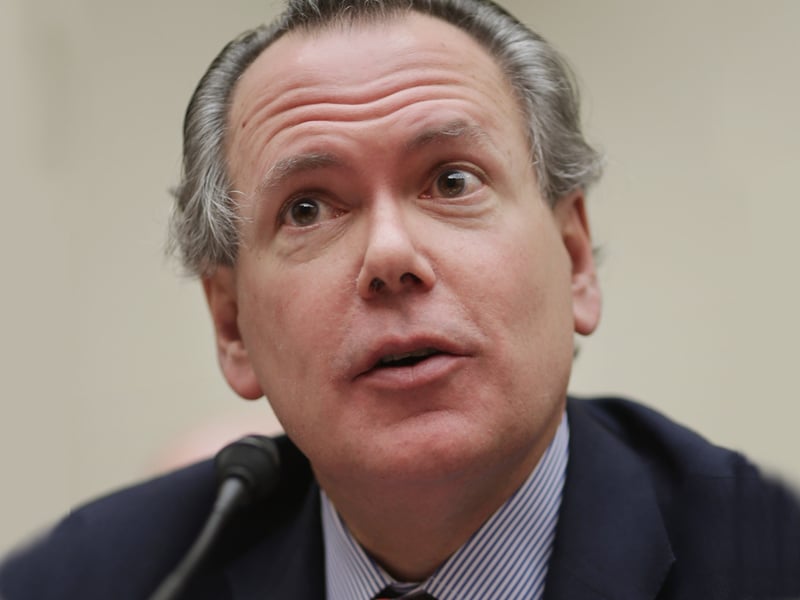Financial firms will phase out brokerage accounts in states that implement their own investment advice rules separate from the standard set by Securities and Exchange Commission, the head of a major industry trade association warned Thursday.
Kenneth Bentsen Jr., president and chief executive of the Securities Industry and Financial Markets Association, said regulations to strengthen broker advice requirements being developed in Massachusetts, New Jersey, Nevada and other states will create a "patchwork of rules" that will raise compliance costs for firms and hurt investors.
Brokerages in those states will react by eliminating brokerage accounts and only offering advisory accounts, Mr. Bentsen said.
"Rather than create multistate compliance models and take on additional compliance liability, they just will go to the common denominator, which will be to say: 'We just won't do brokerage in that state,'" Mr. Bentsen told reporters during a SIFMA briefing. "Clients will have one choice they can buy, which in many cases will be buying more services than they wanted and having to pay more than they wanted to."
This week, William Galvin, Massachusetts Secretary of the Commonwealth,
filed a revised proposal that would impose a fiduciary duty requirement on brokers and advisers in the state. That would be a higher standard than the suitability rule that currently applies to brokers. Investment advisers are already held to a fiduciary standard.
New Jersey and Nevada are
working on their own fiduciary standards, while states such as
New York,
Maryland and Illinois have considered investment advice legislation.
Regulators and lawmakers in those states say they are moving ahead with their own investment advice rules because the SEC's recent advice reform effort doesn't provide sufficient investor protection.
Last June, the SEC
approved a regulatory package centered on
Regulation Best Interest, which is designed to raise the broker standard. But critics said it is essentially a repackaging of suitability and won't curb broker conflicts of interest.
Mr. Bentsen said states should give Reg BI, as it's known, a chance to work. He said it imposes tough new requirements on brokerages and is not a "disclosure-only" approach.
"It is a robust rule that will require a very heavy lift for our members but something we think is the right thing to do for our clients," Mr. Bentsen said.
[
Recommended video:
2020 adviser outlook: Focus on managing client expectations]
The financial industry has praised Reg BI for what it calls preserving investor choice between transaction-based brokerage accounts and more holistic advisory accounts.
Mr. Bentsen criticized state rules for blurring the distinction between the two types of accounts by regulating brokerage accounts as if they provide ongoing advice service.
"It basically tries to shoehorn the brokerage world into an advisory construct that the SEC and even the Department of Labor figured out you couldn't do. The Department of Labor didn't figure it out well enough," he said.
An industry lawsuit
scuttled the DOL's fiduciary rule for retirement accounts in 2018.
Brokerages are devoting a lot of time and money to Reg BI compliance, Mr. Bentsen said. The implementation deadline is June 30.
He estimated large firms could invest upward of $10 million on Reg BI compliance.
"This is a real deal," Mr. Bentsen said. "This is not some limited rule that some of the critics have said."







